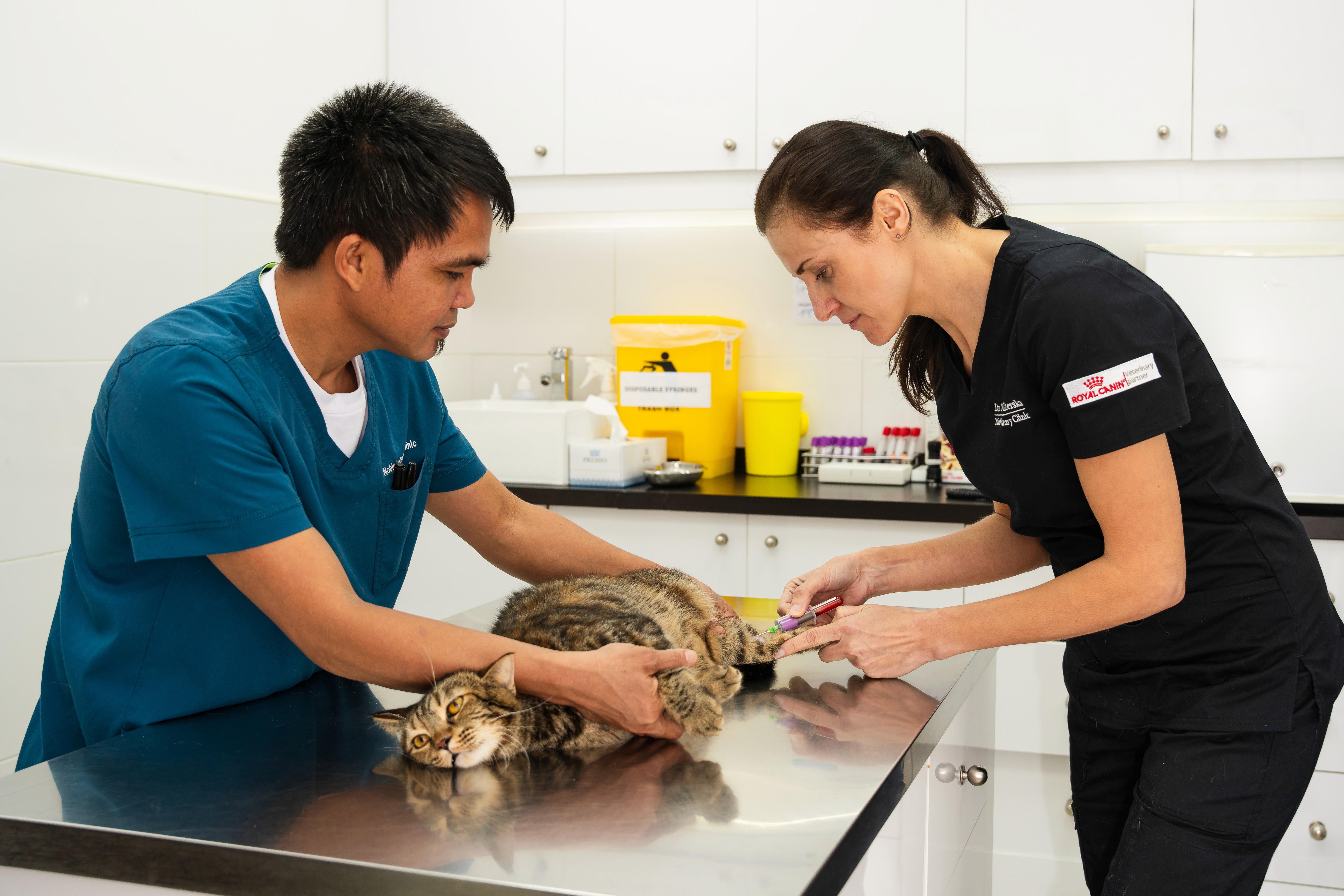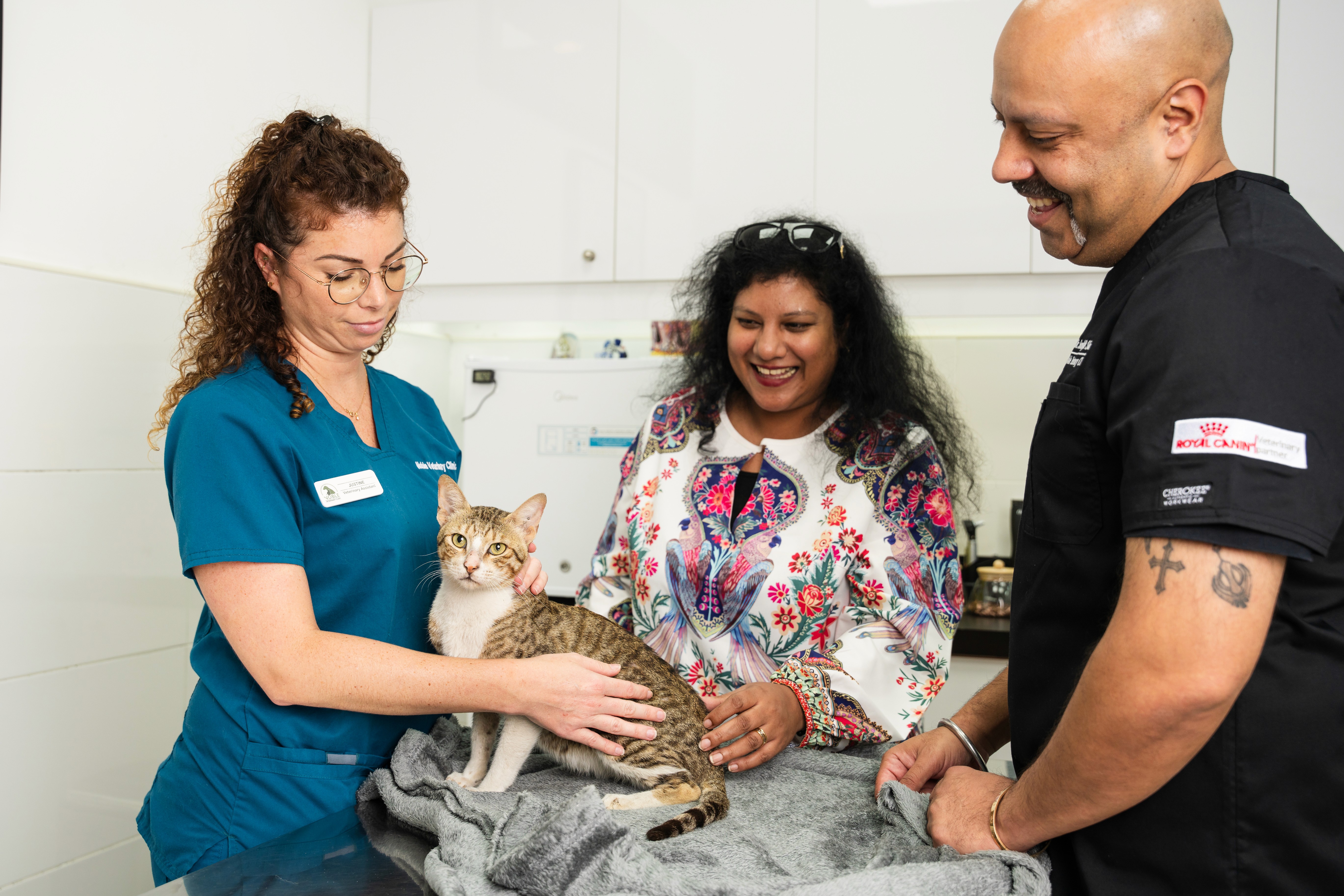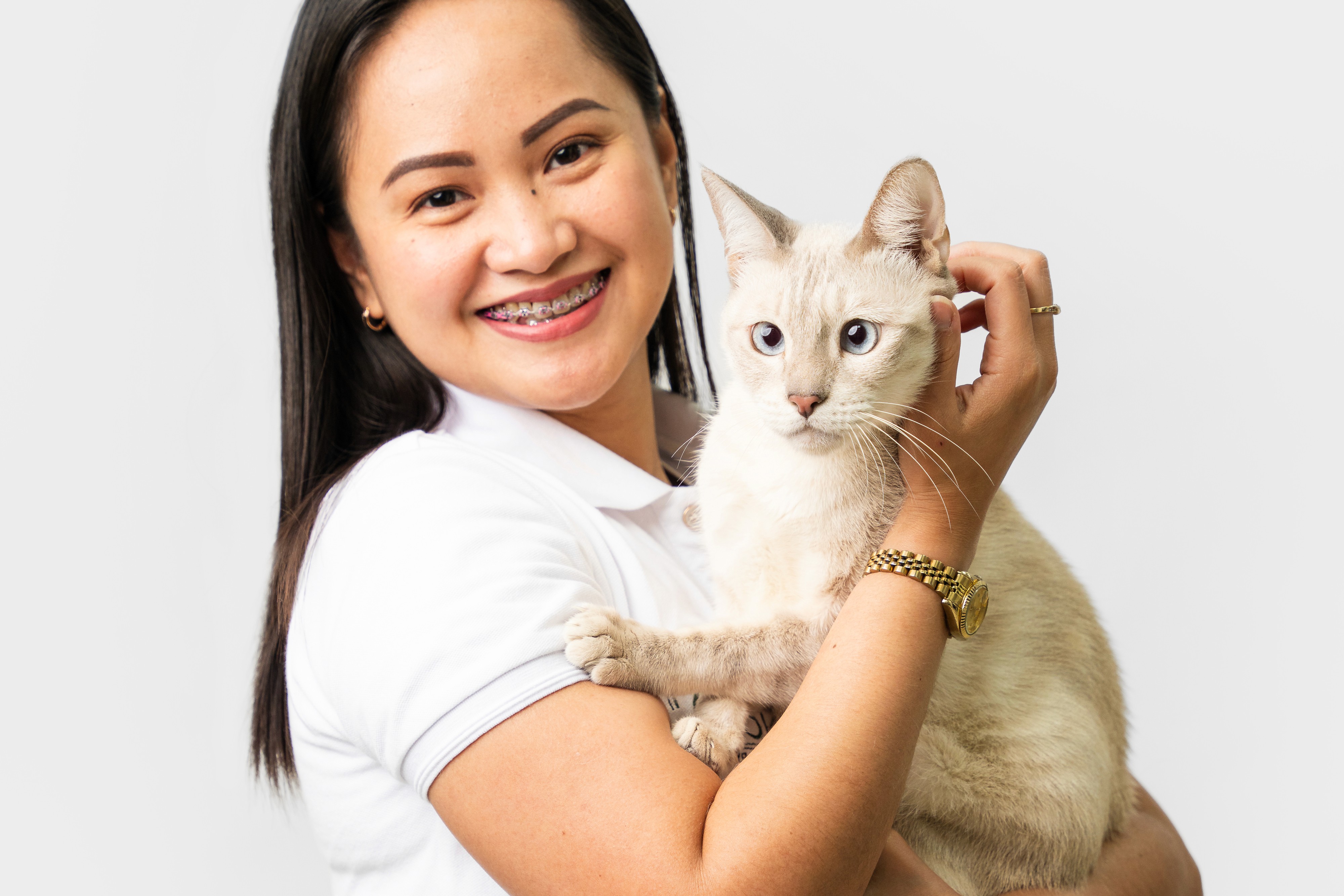11/11/2024
As cat owners, it’s natural to wonder if your best friends can safely enjoy some of the foods you love. One common question is, “Can cats eat dates?” These sweet, chewy fruits are packed with nutrients for humans, but does that mean they’re also a good snack for your cat?
The quick answer is that cats can eat dates, but this should always be done in strict moderation. Cats are obligate carnivores. This means that they get their nutrient requirements from specific sources, namely proteins. To help you get started, we’ve listed down everything you need to know about giving dates to cats.
Nutritional Benefits of Dates for Cats
While dates are not the best diet choice for cats, it’s a good treat to give once in a while to spice up your cat’s diet. Here are some of the nutritional benefits of dates for cats:
Fiber
Fiber is another major component of dates, contributing to their reputation as a digestive aid for humans. Fiber helps regulate a cat’s bowel movement by adding bulk to its stool. However, only small amounts are good for cats, as their diets don’t require a lot of it. The best way to make the most out of dates for your cat is to provide only a small amount.
Potassium
Dates are a great source of potassium for cats. This mineral supports muscle function, nerve signals, and heart health in humans. While potassium is important for cats as well, they typically get adequate amounts from their regular diet. In fact, commercial cat food is specifically formulated to include the right levels of potassium.
Magnesium
Magnesium plays a big part in maintaining healthy bones, nerve function, and energy production in cats. It also helps keep your cat away from constipation, stress, and mood-related problems. However, while their needs are met through a protein-based diet, a small amount of dates is also a good way to provide the mineral.
Vitamin B6
Vitamin B6 is an essential component for brain development, immune function, and protein metabolism in humans. Cats also need Vitamin B6 for similar functions, especially for processing proteins in their diet. However, they naturally obtain this vitamin through meat, which is a far superior source.
Iron
Dates contain iron, a vital nutrient for producing hemoglobin and supporting oxygen transport in the blood. Iron is also a good helper in energy production, giving cats a boost in productivity. However, because of the nature of cat nutrition, they can absorb more iron from their main diet choices. But a treat of dates is still a good idea occasionally.
Calcium
Calcium is another nutrient present in dates, essential for strong bones and teeth in cats. Additionally, calcium also aids in muscle contraction, helping prevent symptoms such as stiffness, weakness, and muscle tremors. Lastly, calcium helps in blood clotting.
Potential Risks of Dates for Cats

While dates aren’t toxic to cats, they pose several risks that can impact your cat’s health and well-being. It’s important to know everything there is about what foods you give your best friend. Here are some of the potential risks of dates for cats:
High Sugar Content
One of the most worrying parts of feeding dates is the sugar content. Cats aren’t able to handle the high amounts of sugar, as their bodies don’t use carbohydrates as a primary energy source. Consuming sugary foods like dates is good when done occasionally.
However, when cats eat dates all the time, the high sugar content can lead to problems such as diabetes and obesity. Over time, these conditions can cause serious complications, such as insulin resistance, organ damage, and decreased quality of life.
Along with long-term risks from eating dates, the sugar can also contribute to potential dental issues for cats. Cats are already prone to plaque and tartar buildup, and with sugary foods present, the process can be accelerated. This can develop into painful diseases such as gingivitis or periodontal disease. When this happens, dental care should be given.
Digestive Upset
Dates are high in fiber, which is great for human digestion but not ideal for cats. Compared to other animals, cats have a shorter digestive tract that fits their main diet. When they consume high-fiber foods, it can overwhelm their system, leading to diarrhea, bloating, or constipation. In some cases, fiber can even cause gas and abdominal discomfort, which might make your cat irritable and stressed.
Choking Hazard
Dates are sticky and dense, which can be difficult for cats to chew and swallow. The flesh of the fruit can cause choking if it’s not cut into small and manageable portions. The pits inside dates pose an even greater danger. If swallowed, they can cause intestinal blockages, a serious condition that may require surgical intervention. Even without the pit, large chunks of dates can still obstruct your cat’s digestive tract, leading to severe pain, vomiting, and loss of appetite.
Food Allergies
Some cats may be more sensitive than others to new foods, including dates. When cats eat dates, they might trigger some allergies. This can lead to problems such as vomiting, diarrhea, or maybe even skin irritation. Since a cat’s digestive system is not capable of handling great amounts of fiber, too much can be worrisome.
Excess Caloric Intake
Dates are calorie-dense, with one date containing a large amount of calories because of the sugar. For a small animal like a cat, even a single date can contribute significantly to their daily calorie intake. This can quickly lead to weight gain, especially if dates are given regularly or in large amounts. Maintaining a healthy weight is important for cat health, preventing a lot of health issues such as heart disease, joint problems, and organ function.
How to Prepare Dates for Cats
While it’s generally not recommended to feed dates to cats due to their high sugar and fiber content, it’s a possibility that you might still give a piece as a treat. If you choose to do so, it’s important to minimize the risks by preparing it well. Here’s how you can prepare dates for cats:
1. Remove the Pit
Dates contain a hard pit in the center, which poses a serious choking hazard and can cause intestinal blockages if swallowed. Always remove the pit before giving any part of the date to your cat. Ensure there are no remnants of the pit left inside the fruit.
2. Cut the Date Into Small Pieces
Even without the pit, dates are dense and sticky, making them difficult for cats to chew and swallow. To prevent choking, cut the date into very small, manageable pieces. This also allows your cat to taste the fruit without consuming too much sugar at once.
3. Offer in Tiny Quantities
Dates should only be given in tiny amounts, no larger than the size of your cat’s kibble or regular diet. Cats have a low tolerance for sugar, and even small quantities can upset their digestive system. One small piece is more than enough as an occasional treat.
4. Monitor Your Cat’s Reaction
After offering a piece of a date, closely observe your cat and check if any adverse reactions appear. Watch for symptoms like vomiting, diarrhea, or excessive scratching around the face. If your cat shows any of these signs, stop feeding dates and immediately ask for help from our vets.
5. Avoid Additives
Make sure the date is plain, with no added sugars, syrups, or preservatives. Processed dates with added sweeteners or coatings can be even more harmful to your cat, increasing the risk of health issues.
Alternatives to Dates for Cats

Instead of giving dates to your cats, it’s better to use other healthy options to boost your cat’s health while still giving them a happy treat. Here are a few options to choose from:
Commercial Cat Treats
One of the easiest and safest ways to treat your cat is by offering them commercially produced cat treats. These treats are formulated to meet a cat’s specific nutritional needs, often containing added vitamins and minerals to support their overall health. Plus, they come in various flavors and textures, so you can find something your cat loves.
Fruits and Vegetables
While most fruits and vegetables aren’t necessary for a cat’s diet, a few can be given as occasional treats. Small pieces of blueberries, cooked carrots, or pumpkins are safe in moderation. These options provide a bit of variety without introducing harmful sugars or fibers in excessive amounts.
Watermelon is also a good option, as it can give your cat a treat with a satisfying texture while providing hydration and other nutrients.
Catnip
Catnip is a favorite among many felines and makes for a great occasional treat. It’s safe, non-caloric, and can provide mental stimulation and entertainment. Some cats enjoy fresh catnip, while others prefer dried forms or catnip-infused toys.
Conclusion
While cats can eat dates, it’s generally recommended that you don’t give them to your cat. Dates have lots of nutritional benefits, but because of a cat’s digestive system, they can benefit more from other foods. To help you get started on the best diet plan for your cat, stop by the clinic for a visit.
Subscribe to Our
Newsletter
Sign up for weekly pet health tips and insights from our veterinarians.
